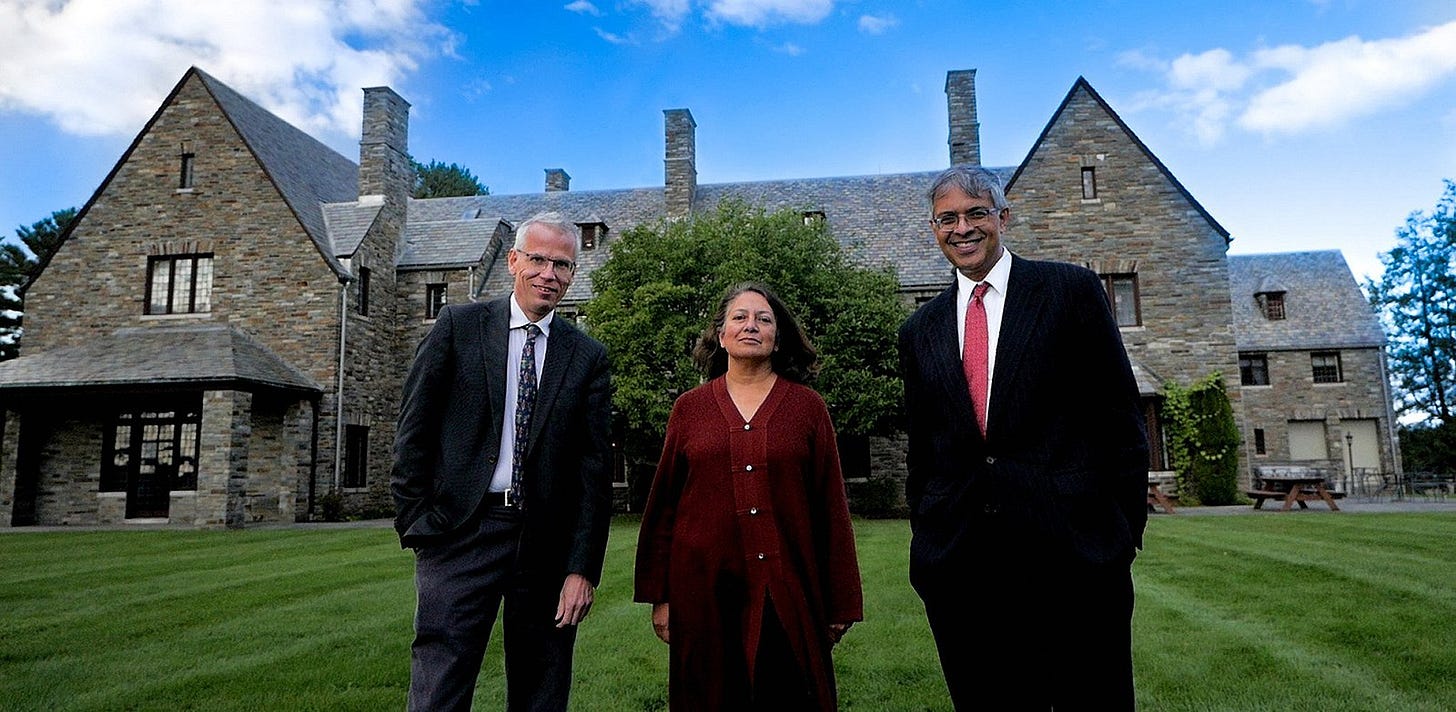Freedom of Thought vs Mentality Control
Mentality control is wide-spread in authoritarian regimes, but also a distinct tendency in Western administrations and academic institutions
Freedom of thought is the indispensable foundation of several other individual freedoms. It is the freedom to hold views and convictions irrespective of the opinions of others and the views held by majority. Freedom of thought entails freedom from any pressure or threat upon one for any of his convictions, especially by those that execute actual power over other people.
Today, freedom of thought is not as highly revered and protected in our civilization as many might think. "The Great Firewall" in the communist People's Republic of China is an example of direct mentality control in the 21st century, as technology and an army of state officials are determining, which content on the internet is permissible for the citizens and which should be kept out.
The same technology as used by the Chinese to suppress information and data is apparently also being sold and spread to other countries, e.g. to Russia, several African countries etc. China, Russia and other authoritarian countries are executing control through their vast enforcement and security agencies, that persecute its subjects on the grounds of so-called thought crimes conducted in the public sphere.
In the democratic West, suppressing of ideas and pursuits of mentality control are carried out in more implicit ways. Various taboos and dogmas have been called into existence to be promoted as so-called "consensus cases", "settled science" etc, as actual bases of restricting one’s freedom of thought. Mentality control is mainly driven by an underlying ideology and takes the forms of groupthinking and collective psychoses, heeded by specific interest and ideology groups. Those that do not comply with them or beg to differ from the herd, are expected to be expelled from social communication, public life and/or be fired from their jobs – be it in media, corporate or academic sphere. Such enforced groupthinking is taking more and more ground in public and corporate offices and is hindering a free exchange of ideas, as well as quelling public debate.
Mentality control became especially evident during the health crisis of 2020-2022, when authorities opted for coercive measures and negative messaging that contributed to mass hysteria, while opinions that diverged from conventionalized medical and scientific views were systematically suppressed by the powers (state and corporate). Highly accomplished doctors and research scientists from different countries were made targets of suppression and/or censorship following their publications and statements in regards to Covid-19, challenging official views. In an effort to silence alternative voices, widespread use was made not only of censorship, but also of various tactics of suppression (exclusion, denigration, discrediting, official inquiries, retraction of scientific papers etc) that damaged the reputations and careers of dissenting doctors and scientists.

For instance, several US high-ranked public health officials (the Director of the National Institutes of Health and the Director of the National Institute of Allergy and Infectious Diseases) were plotting character assassinations of those scientists and doctors that expressed views contrary to the then medical orthodoxy on pandemic response and effectiveness. Likewise, several scores of US federal officials have secretly communicated with social-media platforms to suppress opinions federal officials disfavored.
Such growing examples of mentality control are unfortunately no isolated cases, but pronounce a tendency sneaking its way also in Western administrations, academic institutions and scientific communities. In order to defy such tendencies of silencing and protect freedom of thought, it is crucial that such cases are acknowledged, disclosed and denounced by as many people as possible.



